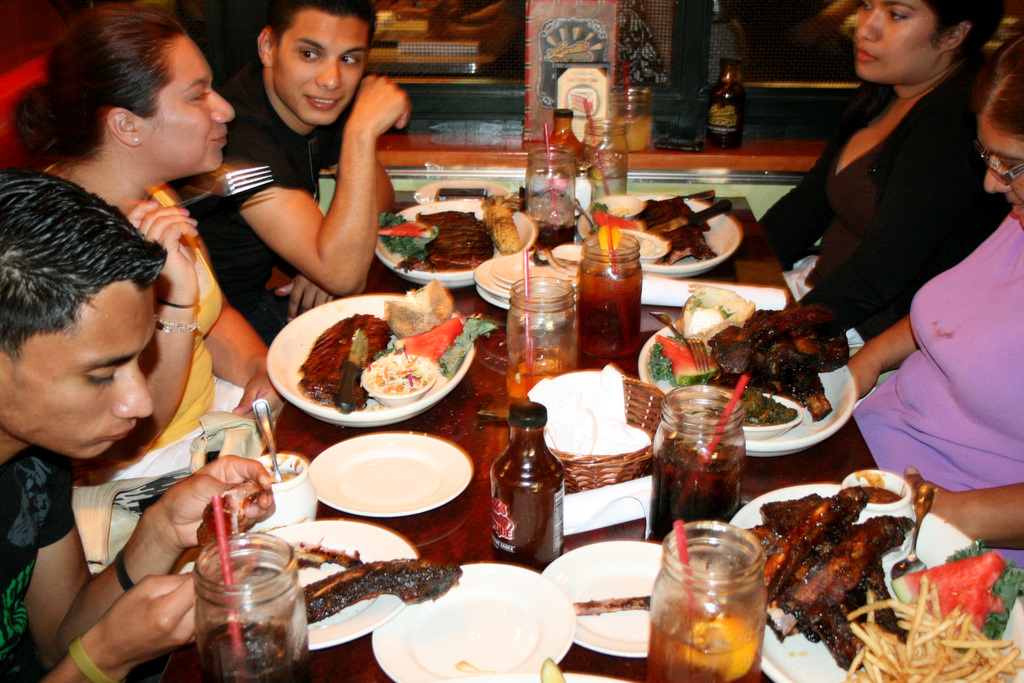| Back-to-school night with my 14-year-old this week reminded me that the beginning of a marathon is always more pleasant than the 15th mile, when you’re struggling up a hill, trying to keep focused on a distant goal. As a veteran of both real marathons and the mid-year struggles that involve discovering your child’s massive research project is due tomorrow, I appreciated the reassuring smiles of friendly teachers and the resolve that comes with a fresh |
| | start. No one has blisters or is chafing at the starting line in August. We’re rested and healthy. Our minds are clear and optimism blooms. We’ve got this. I also appreciated the few teachers who assured me there would be no homework. One told me kids should spend their time at home doing family things. Adoring parents surrounded him in his little classroom, but he didn’t go viral, to use a loaded early 21st century term. He probably was happy about that. A teacher in Texas this week wasn’t so lucky. She went viral just by sending an innocent letter home to parents. While I believe it may be impossible to truly understand why anything goes viral, my theory is Brandy Young’s letter to the parents of her second graders touched a nerve not because she assured them there would be no homework this year. It’s because she told parents she wants them to spend evenings instead doing things proven to lead to student success. “Eat dinner as a family, read together, play outside and get your child to bed early.” As my children would sarcastically say, it’s not “rocket surgery.” These are the kinds of simple things parents 100 years ago would have endorsed. The Atlantic recently reported on a study from Columbia University that found kids who eat five times a week with their parents tend to stay away from drugs and alcohol, do better in school and are closer to their parents than those who eat in their cars or over their sinks, which is becoming the norm. But what the letter didn’t say is more important. To do these things, the entire electronic spectrum, which forces itself into homes through every crack and crevice like fast-rising flood waters, must be kept to a minimum. Now we’re in the realm of rocket surgery. Americans appreciate the need to eat together. A Harris Poll earlier this year found that 93 percent feel family dinners are something to look forward to. Most of us — 87 percent — have one of these at least once a week. But when it comes to daily ritual, we fall apart quickly. Only 34 percent of married people eat together daily, and it falls to 21 percent for those not married. But of those who do eat together, more than a quarter, 27 percent, of adults with kids in the house eat in front of the TV. Given what’s on TV these days that can be scary. The advice isn’t new. In his farewell address in 1989, Ronald Reagan said the No. 1 lesson of this country is that, “All great change in America begins at the dinner table.” He was talking about teaching what it means to be American, but he could have been talking about so many other things, including learning what it means to be who you are in a safe setting. Significantly, the table is a place where what is said won’t be parsed and attacked by trolls or tweets. How ironic, then, that social media propelled Young’s letter into the national spotlight. Her letter may have gone viral precisely because her simple formula seems so much like rocket surgery in this age. Parents may be off the hook when it comes to badgering their children to finish homework in her class, but they most definitely are not off the hook. Eating together every night, reading together, playing together and going to bed early require lifting your eyes from your screens for significant periods of time. That becomes even harder as children get older and the Internet becomes a necessary part of study and research. Running a marathon might be easier, but the rewards of getting Young’s prescription right are so much better. |


 RSS Feed
RSS Feed

